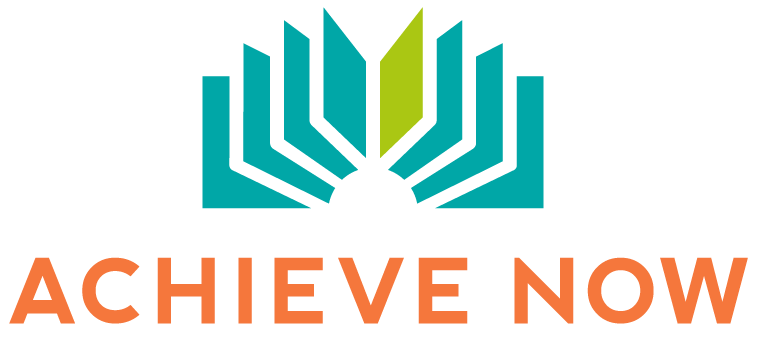Ethan’s Story
Ethan, a first grader at Richmond School, is a lively “ball of positive energy” who loves to share facts and ask clever, funny questions. He is a capable student who found himself struggling to focus during Achieve Now lessons. As a consequence, his boundless energy was primarily directed in creative work avoidance: turning his camera off, muting himself and, when material became particularly challenging, closing his laptop to end coaching sessions.
The good news is that Ethan is highly motivated and has a robust village of supports at home and in school: his mother and grandmother; the school’s Principal, Susan Rozanski, and Counselor, Jason Messer; his classroom teacher, Suzanne Mason, and Carrie Hunter, Richmond’s reading interventionist who has worked with Ethan over the last two school years to build his basic skills and confidence as a reader.
Another important member of Ethan’s village was his Achieve Now coach, Colleen Cunningham, a volunteer from one of our partner sites, SAP America. She and her Achieve Now literacy instructor, Carissa Capilongo, began to troubleshoot, adjusting lessons and crafting additional review materials. Although these modifications helped Ethan make progress, Capilongo reports, he had yet to make the “connection between him focusing on the lesson and then becoming a better reader.” In February, they turned to Mason, his classroom teacher.
When asked for insights about how to engage Ethan, Mason shared a behavior system that Ethan himself created: the “A++ System,” a seven-point daily behavior scale ranging from “talk to mom at dismissal” to “went above and beyond.” Before devising this system, Mason reports, Ethan was asked almost daily to spend time in the classroom’s “calming corner”; after coming up with the system, he was regularly in his seat, listening and focused.
The A++ system had a similar positive effect on his Achieve Now sessions. When Ethan encountered challenges or became distracted, Cunningham recalls, she simply reminded him that “‘we’re shooting for that A++ today,’ and he’d come back to attention and focus.” Almost immediately, session notes began to read, “Ethan earned an A+ today.” Now, instead of focusing their efforts on troubleshooting Ethan’s engagement, Capilongo notes, she and Cunningham “could talk about his growth as a reader and tailor the lesson” to that growth.
Implementing the A++ System accelerated Ethan’s progress as a reader. More focused, he began to apply strategies instead of guessing and developed the ability to self-correct. Since December, Ethan moved up a full performance band in school literacy testing. There is more work to do, but he finished the year close to being on grade level. Cunningham couldn’t be prouder; in her end-of-year note to him, she wrote, “Your efforts have earned you an A+++! Keep up the great work!”
Ethan’s story is a reminder of what students can accomplish when the adults in their village listen to them and honor who they are. Colleen provided space for Ethan to speak about what was on his mind and gave him the autonomy to shape his experience—most notably by employing a system of his devising. Listening, Mason believes, was the “powerful” seedbed for Ethan’s academic growth: “It let him be, like, ‘I’m being heard!’”

